Here’s a video where I talk about my favourite acids in skincare: the science behind what they do, and how to use them in your routine. I’ve got some hydroxy acids of course, but I also talk about some vitamins and some others (azelaic acid and linoleic acid).
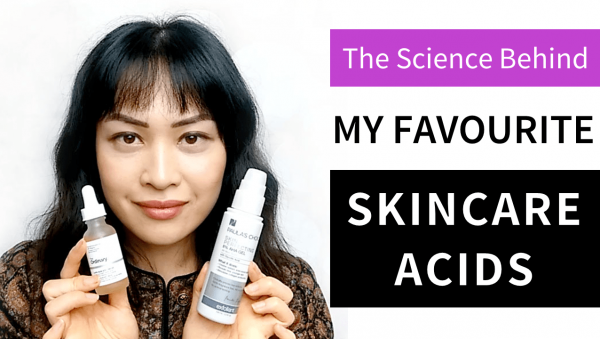
This video is for if you have an established skincare routine, and you’re looking to add more actives. If you’re just starting out with acids, my exfoliation guide is a better starting point.
Check out the video here. I hope you enjoy the video – thanks for watching!
Recommended Products
Glycolic Acid: Paula’s Choice 8% AHA Gel, Pixi Glow Tonic, Nip + Fab Glycolic Fix Night Pads Extreme
Lactic Acid: The Ordinary Lactic Acid 10% + HA 2%, Ole Henriksen Invigorating Night Treatment (Glycolic + Lactic)
Salicylic Acid: Paula’s Choice 2% BHA Liquid, Stridex Maximum Strength Pads
Azelaic Acid: The Ordinary Azelaic Acid Suspension 10%
Retinoids: Differin 0.1% Gel, Paula’s Choice Resist Intensive Repair Cream, Life-Flo Retinol A 1%
Ascorbic Acid: Timeless 20% Vitamin C + E + Ferulic, Ascorbic Acid Powder (use it in a DIY serum)
Linoleic Acid (as triglyceride in oils): Trilogy Rosehip Oil, Rosehip Plus Rosehip Oil
These are affiliate links – if you decide to click through and support Lab Muffin financially (at no extra cost to you), thank you! For more information, see Disclosure Policy.


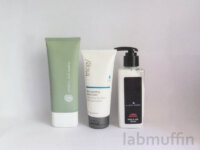
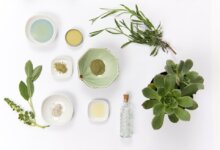
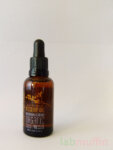
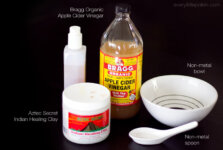
I love your scientific approach to skin care.
I wonder how often one should use these products. I have dry skin, but not very sensitive.
Thanks! It really depends on your skin and the products – I’d increase gently. I have some tips for starting out depending on skin type in the exfoliation guide 😉
I had my first big skincare rebelation with introducing AHAs (SAlphaH Liquid Gold) and my second one when I started using a retinol prescription (a gentle one, similar to Differin). Safe to say that I am a firm believer in acids…
I need to try stronger retinoids! But I have to admit I’m quite scared of the irritation…
Would you be willing to share your DIY ascorbic acid treatment recipe? I have several acids (just the acids, not in products) that I’ve messed about with (carefully and with use of ph strips!) and am always looking for ways to make effective things that I can actually afford. Great video, BTW!
Hey! It’s here: Easy (5 Minute) DIY Vitamin C Serum Recipe
Super informative as always! I would love to see a post on PHAs next- they seem so interesting but I’m having trouble getting my facts straight about them!
Hi Michelle i want to know your scientific opinion about acid mantle and effect of alkaline soap or natural soap on skin? Is it good or bad? I really appreciate if you give your honest opinion. Thank You
I have an in-depth post on gentle cleansing here: All About Cleansing & How to Choose a Gentle Cleanser
This is perfect! I am recently experience oddly dry skin on my chin and nose (though my skin is quite oily) and am breaking out too. This is just what the doc ordered. THANK YOU!
Dear Michelle,
There is a wonderful skincare company that is made and developed by Dr, Hannah Sivak, it is skinactives.com. Dr. Sivak’s degree is in biological sciences, I thought you would find it useful in your recommendations.
Sincerely, Ann K.
I’ve come across their site before, I really liked what I saw of it! 🙂
I’ve been reading that some acids cancel each other out, for instance niacinamide loses its effectiveness when combined with a product containing glicolic acid. Is it true?
If so by any chance can you share which ingredients cancel out?
Hi, this is so interesting and helpful!
I have very dry acne prone skin and have been experimenting with acids. Glycolic acid really dries me out, but works for my acne and skin texture. Niacinamide works wonders or my active spots, and I am keen to start azaleic acid for my post inflammatory hyperpigmentation. Are these 3 safe to use together?
Would love some advice if possible.
Lots of love for all your vids and the blog. Reading everything!
Should be safe, just watch out for irritation!